Rentals have become very popular lately with many people looking for affordable accommodation. Landlords usually have their rentals furnished to different extents. Whether you are renting long or short-term, you may be wondering if your landlord has the right to charge you for carpet replacement. We asked experts familiar with leasing laws, and they gave us guidelines.
A landlord can make you pay for carpet replacement if you damaged it. If the carpet has seen better days and has the usual wear and tear, your landlord shouldn't make you pay for the carpet.
You might be sure of what is considered the normal wear and tear of the carpet in rentals. Continue reading the post as we elaborate and expatiate on which damages you should pay for.
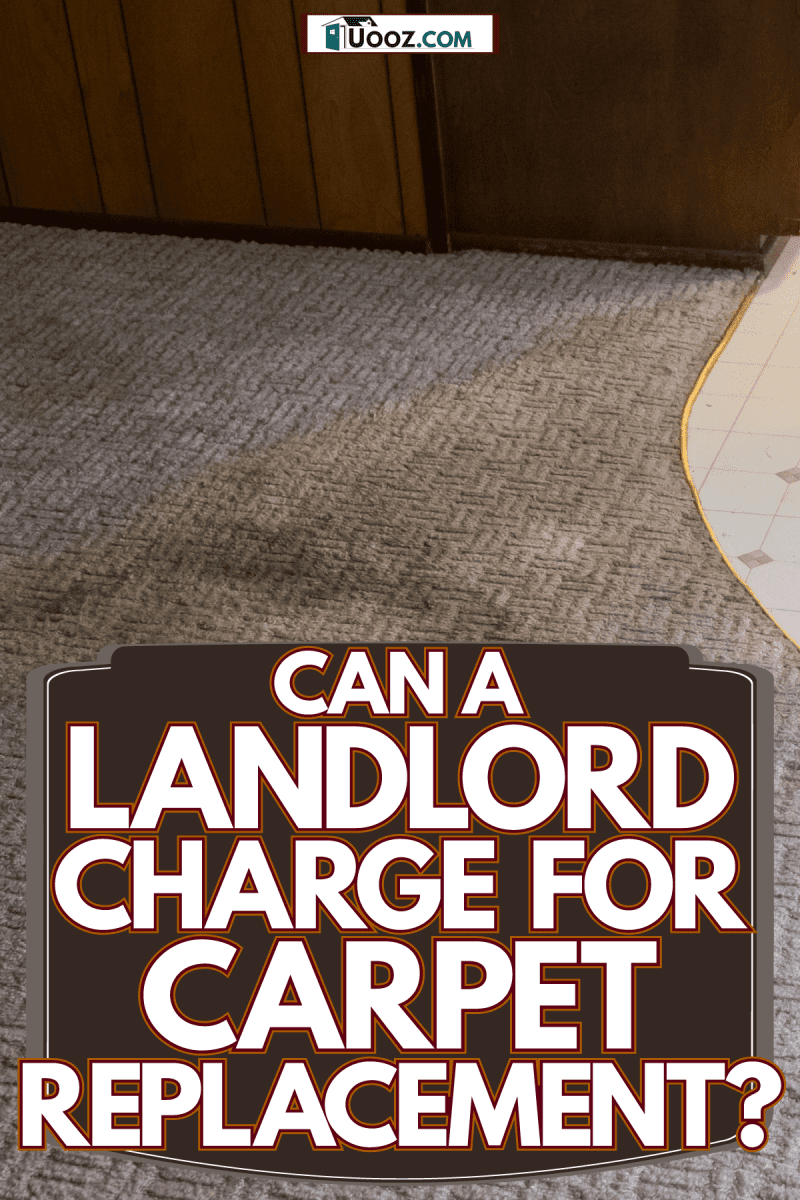
Normal Wear & Tear Of Carpets
Carpets in rentals are durable. When you move into an apartment, you might find it isn't as new. Here are some things you should look out for and have evidence to avoid being blamed for them:
- Faded and worn out color due to long term use
- Small holes and rips on the carpet
- Tiny stains from drops of paint or grout
- Mold and mildew due to lack of proper ventilation
These minor damages are considered normal wear and tear over time. If you find the above-mentioned damages in an apartment, the landlord shouldn't make you replace the carpet.
You'll have to replace a carpet with damages caused by your pets or yourself. The damages can be such as the following:
- Irreparable fire damage
- Major rips and tears of the carpet by furniture
- Irremovable stains
Generally, the state laws and the landlord are at liberty to determine what is normal wear and tear.
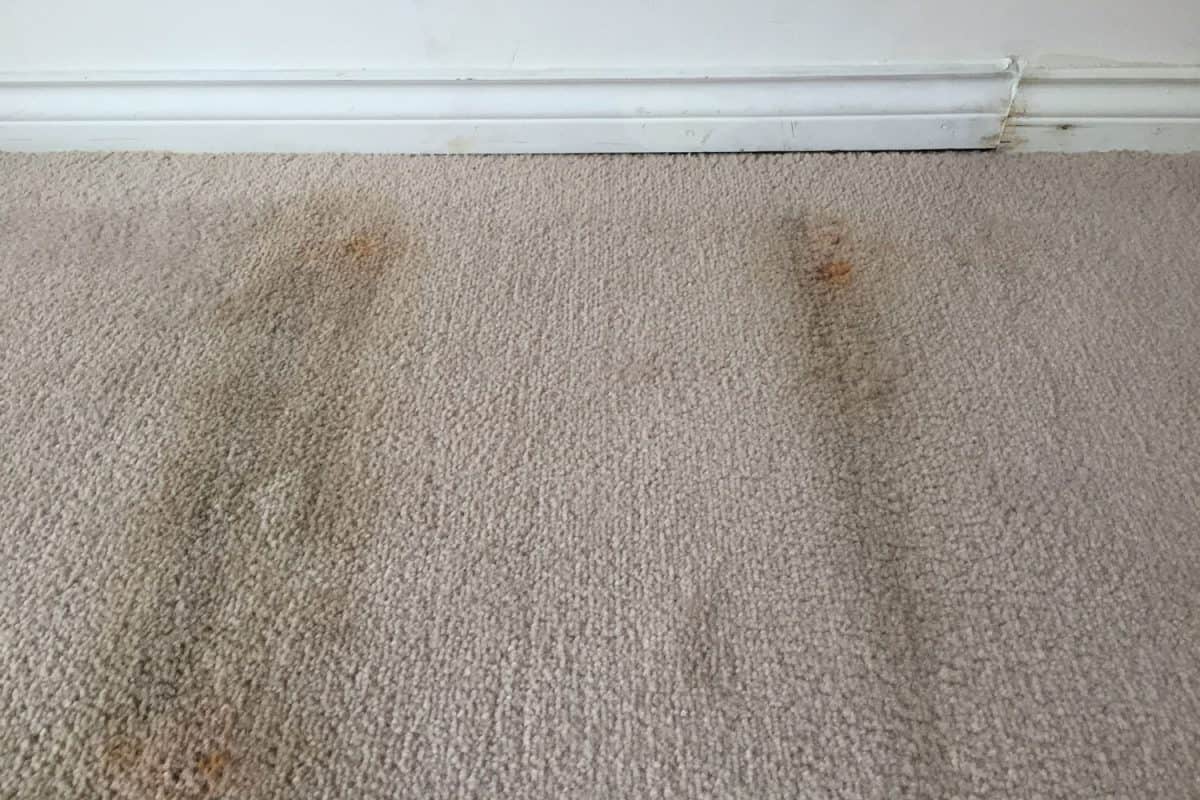
Wear and Tear Of Other Items In The Apartment
Most rentals are not always new and in pristine condition. You could find items in the flat that have aged considerably.
The landlord should not make you pay for or buy these items if he has not repaired them or provided new ones.
Here's a guideline of what you should look at in the flat before signing the lease:
- Old and worn-out appliances
- Small nail holes, chips, cracks, scrapes, or dents in the walls
- Loose grouting on tiles (in the bathroom or floor)
- Bulging doors due to high humidity in the home or flat
- Faded paint or slightly torn and faded wallpaper
- Mold due to poor ventilation
- Scuffed wooden floors from walking
- Worn-out bathtubs, toilets, and sinks due to use
- Warped cabinet doors
When renting an apartment, always have a thorough look at its condition. Point out these things to the landlord and take photos of their exact condition.
Do Landlords Always Change Carpets?
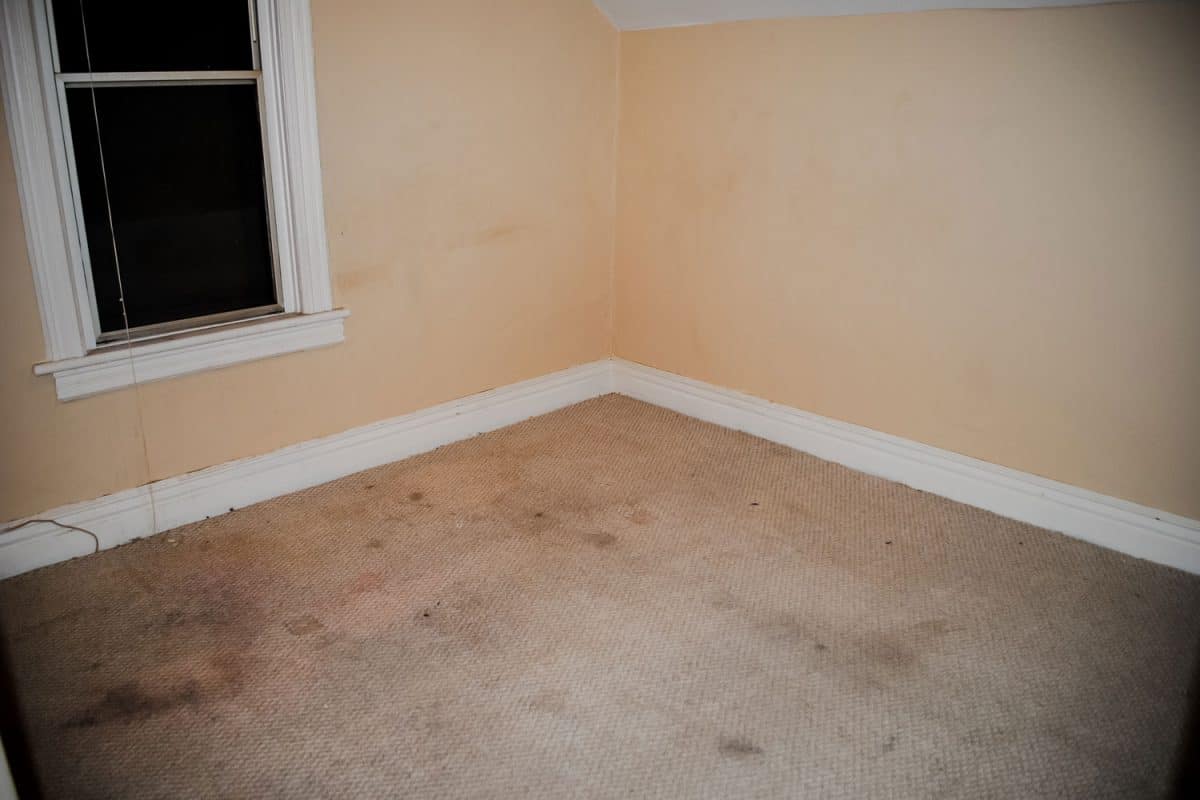
Landlords are not obliged by law to change carpets, but they do it to keep their tenants happy. Ideally, carpets should be cleaned or changed before a new tenant moves in.
Carpets might have a lifespan of up to 10 years, depending on their quality. A clean carpet makes the apartment or flat look appealing and desirable to prospective tenants.
Cost Of Carpet Replacement
Replacing a carpet in a rental apartment or rental home can be costly. It might set you back a few months' rent. Landlords prefer charging a replacement to the tenant.
Replacing a damaged carpet can cost $2 to $8 per square foot. The figure might total up to a large sum in a rental home. For example, 1,500 sq. ft. would cost about $7,500.
A tenant is charged 2/3 of the original of an old damaged carpet. This is due to the depreciation of the carpet over time.
How Much Does It Cost To Clean Carpets?
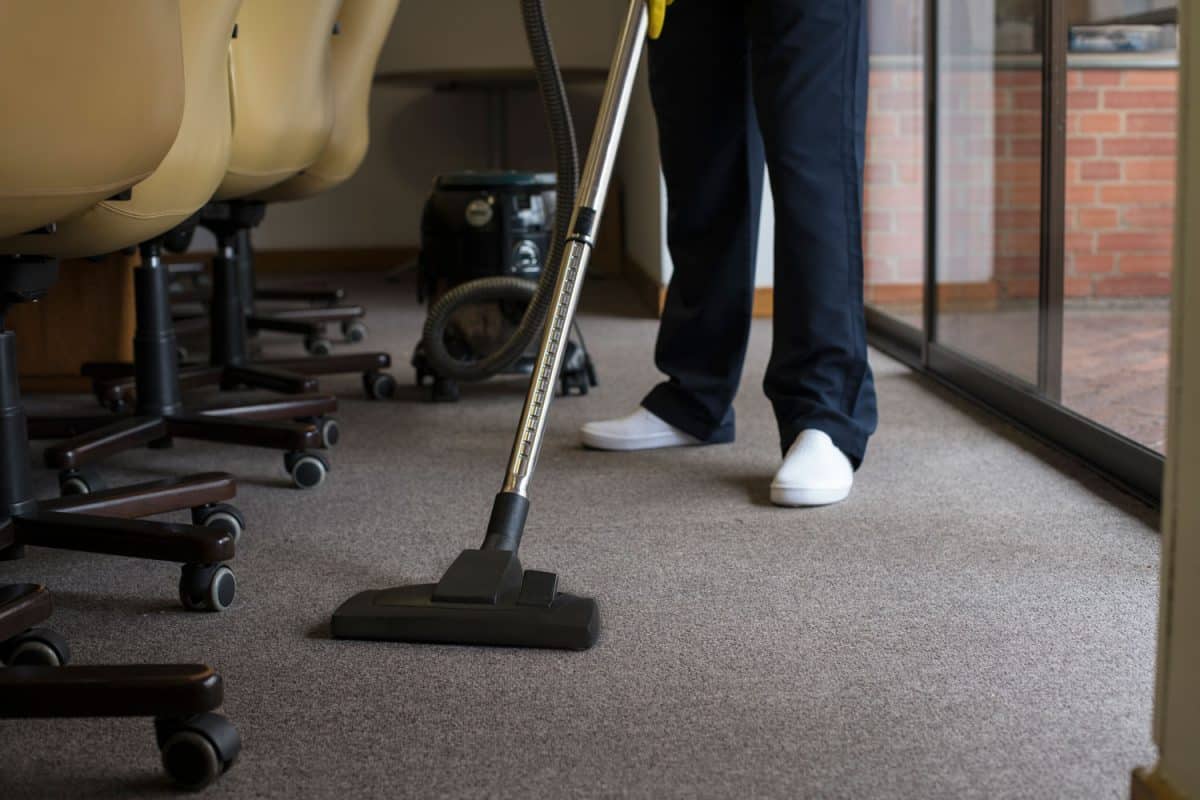
The price range of cleaning carpets is $25 to $75 per room. It is the standard cost throughout the country.
The cleaning company may charge you more if you reside in a difficult-to-access building or on top floors. You can consider cleaning the carpet yourself to save some money.
Life Expectancy Of Apartment Products By Manufacturers
Items and appliances that you buy have a life expectancy. Carpets, fridges, and even paint on the walls won't last forever.
You should understand what the landlord can't make you pay for. Ensure that you have an idea of how long each item is expected to last.
In your flat, you will have other items apart from carpets. So, let's see how long each item is supposed to last.
- Plush carpeting - 5 yrs
- Ordinary carpeting - 10 yrs
- Interior painting of the apartment - 3 yrs
- Air conditioning units - 10yrs
- Blinds, screens, and window shades - 3yrs
- Cooking ranges - 20yrs
- Linoleum and tiles - 5yrs
- Hot water heater - 10yrs
- Refrigerators - 10yrs
Some appliances might look relatively new if the previous occupants and the landlord took good care of them.
Landlord Obligations For Renters
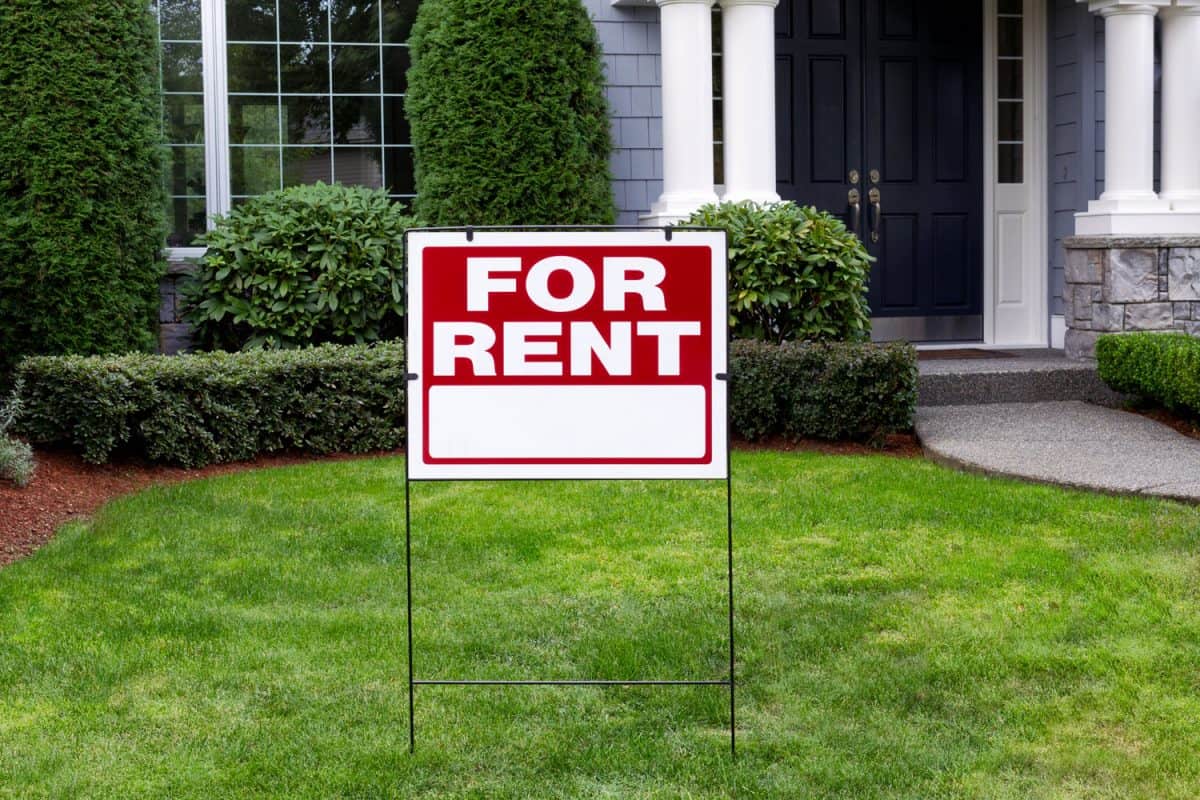
Landlords have to take care of the apartment to maintain its value.
Once tenants give good reviews, the rental property will always be in high demand. As a tenant, you should comprehend what to expect, when leasing an apartment.
Here are a few highlights of what your landlord is supposed to do:
- Ensure that the rental is properly maintained. Electricity, plumbing, heating, pest control, and security are to be taken care of by the landlord.
- Provide a conducive environment for the tenants. Fair Housing for all genders, races, disabled persons, religions, or family status.
- Notify you as a tenant before coming into your apartment. Your privacy is important. Therefore 24 to 48-hour notice is preferable.
- Allow you to move in as stipulated in your lease. Any delays should be clearly explained to the tenant.
- Ensure that he provides you with a copy of the lease. The lease agreement binds the landlord and the tenant, therefore request a copy when you lose it.
- Properly manage the security deposit of your apartment. The landlord could hold onto the deposit to pay for any damages caused by the tenant.
- Accessible in case of emergencies. The landlord should provide the tenant with enough contact information.
- Provide notice before raising the rent. Depending on the lease, the notice should be 30 to 60 days. Don't be surprised when the landlord hikes the rent when renewing your lease.
Renting Vs Buying
A lot has changed globally, and it has affected how many plan. Travel and work now go hand in hand, therefore you find that you might have to make a choice.
You can be at crossroads whether to buy or rent a home or an apartment. Have a look at these pointers below before you make a final decision. They will help you understand which move to make, either buy or rent.
Better Credit Score
As a young professional starting out in life, renting might be financially viable. Since you also need to create a good credit history, rental housing agencies could be of assistance.
Credit agencies are notified when a tenant pays their rent on time. This raises your credit score and is of benefit when you want to buy a house or car.
Flexible Terms
Renting apartments is no longer as rigid as it used to be. Leases are no more 12 month-long only. Property owners are more flexible and allow one, two, or three-month leases.
Many young professionals travel more and mostly look for short-term leases. Minimalism has also contributed immensely. Many are downsizing to enable them to travel on short notice.
Efficiency & Convenience
A quiet secluded home is a luxury only a few can afford. Apartment communities save renters the long commute from home to work. These communities have everything from clubhouses, workstations, cafes, gyms, to conference rooms.
Renters can afford more sustainable lifestyles. They can pick and choose interesting areas to live in.
Services
Rentals have become competitive. They offer several services which are time-saving and enticing to renters. The cost of these services is usually affordable and allows renters to have more free time on their hands.
Service that you might find in rentals include:
- Concierge services
- Dog walking
- Cleaning services
- Laundry
- Delivery services
Affordability
Homeownership is no longer a goal for many young professionals. High student loans and property taxes leave no room for anything else. Owning a home is not affordable, and renting a decent apartment becomes a priority.
Final Thoughts
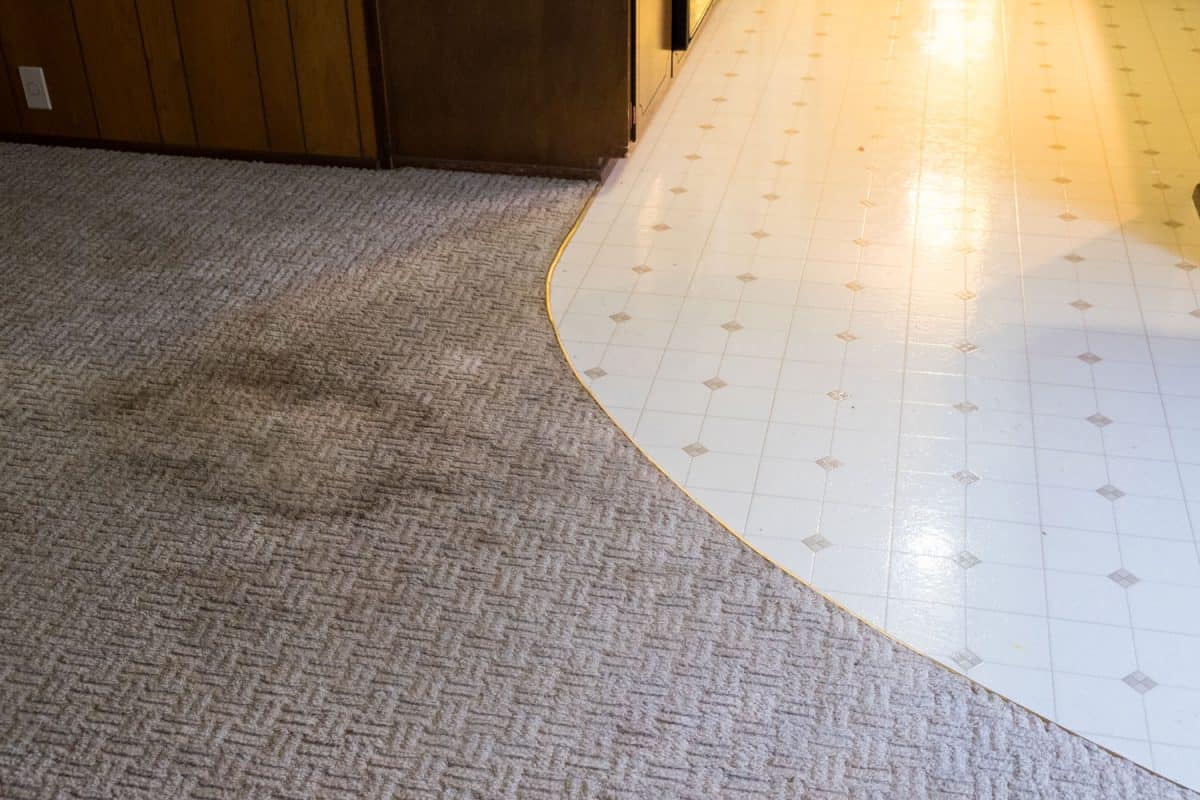
Changing or replacing a damaged carpet can be a costly affair. Ensure that you take care of any rental property to avoid unwanted expenses.
As a tenant, know what is expected from you and what you should expect from the landlord. Always steer away from unnecessary conflict.
Read more on:
